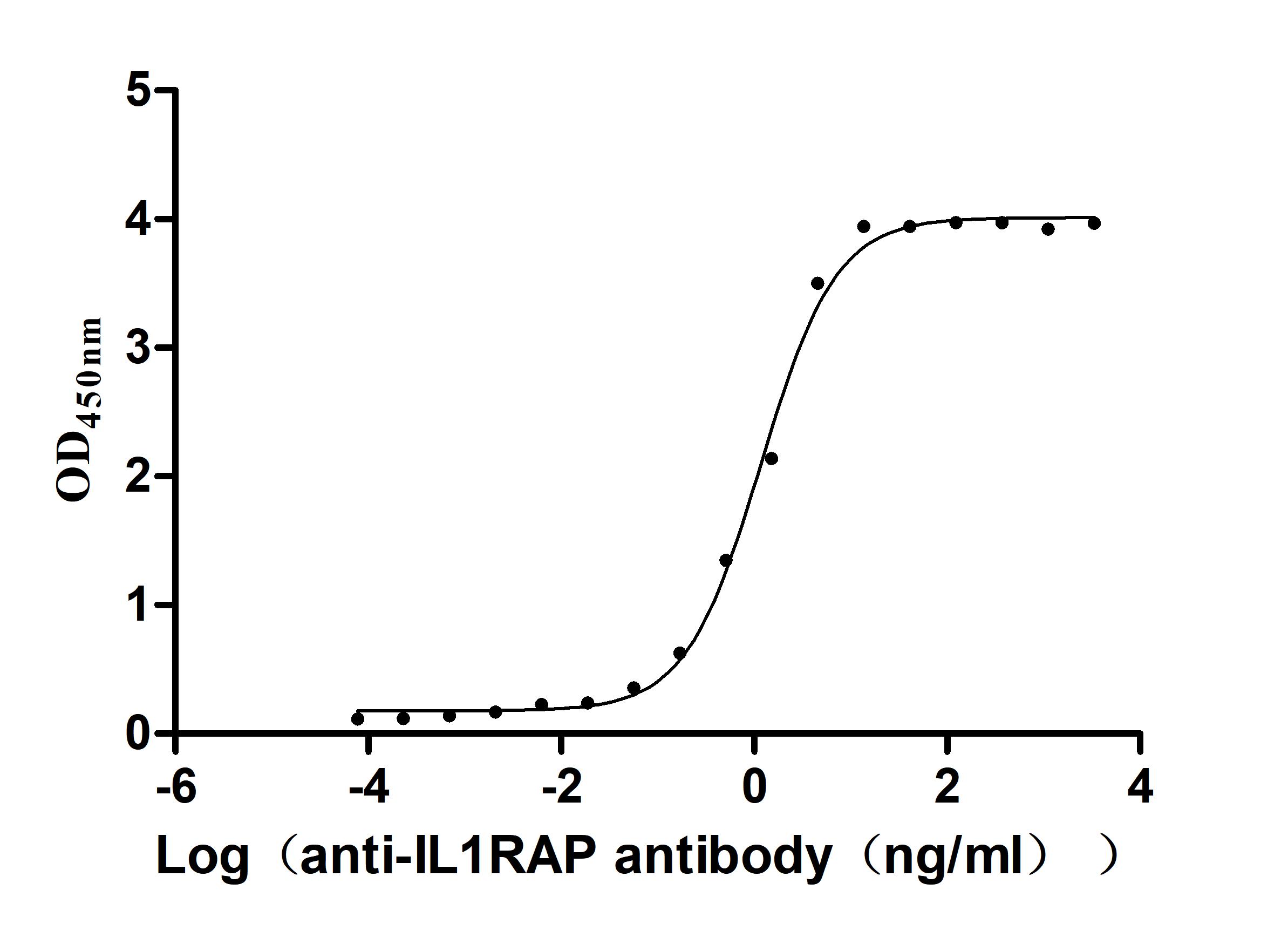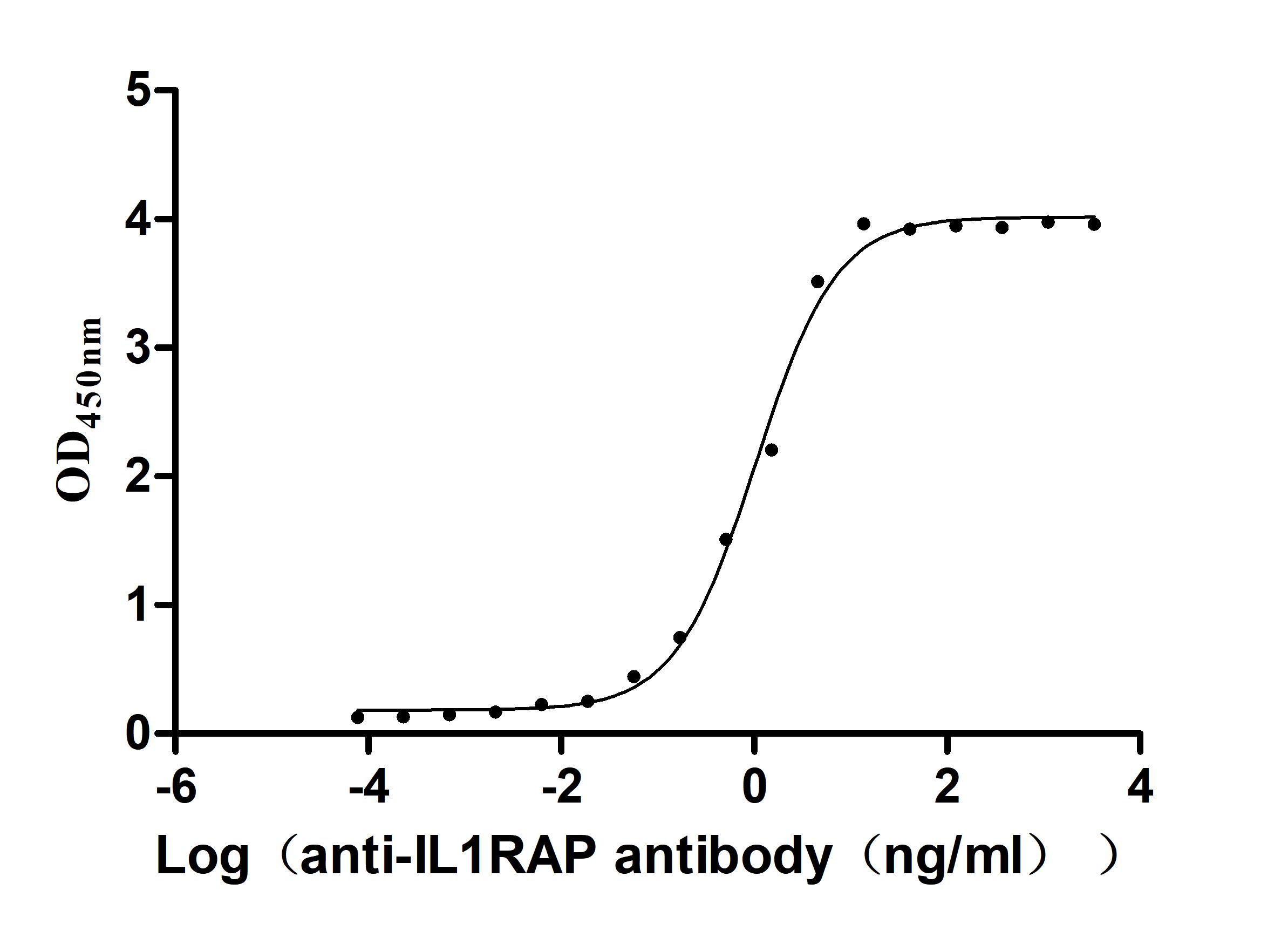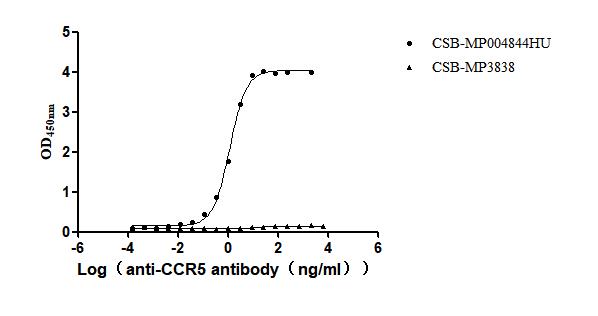Recombinant Human Beta,beta-carotene 15,15'-monooxygenase (BCMO1)
-
中文名称:Recombinant Human Beta,beta-carotene 15,15'-monooxygenase(BCMO1)
-
货号:CSB-YP864015HU
-
规格:
-
来源:Yeast
-
其他:
-
中文名称:Recombinant Human Beta,beta-carotene 15,15'-monooxygenase(BCMO1)
-
货号:CSB-EP864015HU
-
规格:
-
来源:E.coli
-
其他:
-
中文名称:Recombinant Human Beta,beta-carotene 15,15'-monooxygenase(BCMO1)
-
货号:CSB-EP864015HU-B
-
规格:
-
来源:E.coli
-
共轭:Avi-tag Biotinylated
E. coli biotin ligase (BirA) is highly specific in covalently attaching biotin to the 15 amino acid AviTag peptide. This recombinant protein was biotinylated in vivo by AviTag-BirA technology, which method is BriA catalyzes amide linkage between the biotin and the specific lysine of the AviTag.
-
其他:
-
中文名称:Recombinant Human Beta,beta-carotene 15,15'-monooxygenase(BCMO1)
-
货号:CSB-BP864015HU
-
规格:
-
来源:Baculovirus
-
其他:
-
中文名称:Recombinant Human Beta,beta-carotene 15,15'-monooxygenase(BCMO1)
-
货号:CSB-MP864015HU
-
规格:
-
来源:Mammalian cell
-
其他:
产品详情
-
纯度:>85% (SDS-PAGE)
-
基因名:BCO1
-
Uniprot No.:
-
别名:BCDO; BCDO1; BCDO1_HUMAN; BCMO; Bcmo1; BCO; BCO1; Beta,beta-carotene 15,15'-monooxygenase; beta-carotene 15,15'-monooxygenase 1; Beta-carotene dioxygenase 1; FLJ10730
-
种属:Homo sapiens (Human)
-
蛋白长度:full length protein
-
表达区域:1-547
-
氨基酸序列MDIIFGRNRK EQLEPVRAKV TGKIPAWLQG TLLRNGPGMH TVGESRYNHW FDGLALLHSF TIRDGEVYYR SKYLRSDTYN TNIEANRIVV SEFGTMAYPD PCKNIFSKAF SYLSHTIPDF TDNCLINIMK CGEDFYATSE TNYIRKINPQ TLETLEKVDY RKYVAVNLAT SHPHYDEAGN VLNMGTSIVE KGKTKYVIFK IPATVPEGKK QGKSPWKHTE VFCSIPSRSL LSPSYYHSFG VTENYVIFLE QPFRLDILKM ATAYIRRMSW ASCLAFHREE KTYIHIIDQR TRQPVQTKFY TDAMVVFHHV NAYEEDGCIV FDVIAYEDNS LYQLFYLANL NQDFKENSRL TSVPTLRRFA VPLHVDKNAE VGTNLIKVAS TTATALKEED GQVYCQPEFL YEGLELPRVN YAHNGKQYRY VFATGVQWSP IPTKIIKYDI LTKSSLKWRE DDCWPAEPLF VPAPGAKDED DGVILSAIVS TDPQKLPFLL ILDAKSFTEL ARASVDVDMH MDLHGLFITD MDWDTKKQAA SEEQRDRASD CHGAPLT
-
蛋白标签:Tag type will be determined during the manufacturing process.
The tag type will be determined during production process. If you have specified tag type, please tell us and we will develop the specified tag preferentially. -
产品提供形式:Lyophilized powder
Note: We will preferentially ship the format that we have in stock, however, if you have any special requirement for the format, please remark your requirement when placing the order, we will prepare according to your demand. -
复溶:We recommend that this vial be briefly centrifuged prior to opening to bring the contents to the bottom. Please reconstitute protein in deionized sterile water to a concentration of 0.1-1.0 mg/mL.We recommend to add 5-50% of glycerol (final concentration) and aliquot for long-term storage at -20℃/-80℃. Our default final concentration of glycerol is 50%. Customers could use it as reference.
-
储存条件:Store at -20°C/-80°C upon receipt, aliquoting is necessary for mutiple use. Avoid repeated freeze-thaw cycles.
-
保质期:The shelf life is related to many factors, storage state, buffer ingredients, storage temperature and the stability of the protein itself.
Generally, the shelf life of liquid form is 6 months at -20°C/-80°C. The shelf life of lyophilized form is 12 months at -20°C/-80°C. -
货期:Delivery time may differ from different purchasing way or location, please kindly consult your local distributors for specific delivery time.Note: All of our proteins are default shipped with normal blue ice packs, if you request to ship with dry ice, please communicate with us in advance and extra fees will be charged.
-
注意事项:Repeated freezing and thawing is not recommended. Store working aliquots at 4°C for up to one week.
-
Datasheet :Please contact us to get it.
相关产品
靶点详情
-
功能:Symmetrically cleaves beta-carotene into two molecules of retinal using a dioxygenase mechanism.
-
基因功能参考文献:
- We did not observe associations of BCMO1 variants and lung cancer. PMID: 29673335
- Study reports a molecular mechanism by which glucocorticoid-induced PPARalpha expression negatively affects the activity of PPARgamma and downregulates BCO1 gene expression. Results explicate novel aspects of local glucocorticoid:retinoid interactions that may contribute to alveolar tissue remodeling in chronic lung diseases that affect children and, possibly, adults. PMID: 28732066
- study revealed circulating beta-carotene levels were significantly higher in rs6564851 GG homozygotes; daily intake of beta-cryptoxanthin was positively associated with circulating beta-carotene levels in female GG homozygotes of rs6564851 and the daily intake of alpha- and beta-carotenes, and beta-cryptoxanthin was significantly lower in female rs6564851 T allele carries than in female GG homozygotes PMID: 28005968
- Data suggest that beta-cryptoxanthin is a poorer substrate for BCMO1 than is beta-carotene; however, the comparatively high bioavailability of beta-cryptoxanthin from foods makes beta-cryptoxanthin-rich fruits good sources of vitamin A. [REVIEW] PMID: 25270992
- This study indicates that the competitive actions of HNF-1alpha and HNF-4alpha on their overlapping binding sites in the human BCMO1 gene promoter oppositely regulate BCMO1 gene expression in the human small intestine. PMID: 25445224
- Specific BCMO1 SNPs should be determined when assessing the effects of carotenoid supplementation on macular pigment and that their expression may be influenced by retinal disease. PMID: 24586510
- Together with the data from (18)O-retinal-H2(16)O and (16)O-retinal-H2(18)O incubations to account for nonenzymatic oxygen exchange, our results show that BCO1 incorporates only oxygen from O2 into retinal. Thus, BCO1 is a dioxygenase. PMID: 24668807
- Incubation of beta-carotene and recombinant human BCMO1 in either H2(18)O-(16)O2 or H2(16)O-(18)O2 medium yields two retinal products both of which contain oxygen atoms originating solely from O2 gas. The results show that BCMO1 is a dioxygenase and not a monooxygenase as previously thought. PMID: 24668807
- Substrate specificity of purified recombinant human beta-carotene 15,15'-oxygenase (BCO1). PMID: 24187135
- BCMO1 SNP had a statistically significant association with HDL plasma levels. PMID: 23656756
- Individual responsiveness to dietary carotenoids was associated with genetic variants of the carotenoid metabolizing enzyme beta-carotene 15,15'-monooxygenase 1. PMID: 23517913
- a stepwise cleavage by BCO2 and BCO1 with APO10ol as an intermediate could provide a mechanism to tailor asymmetric carotenoids such as beta-cryptoxanthin for vitamin A production. PMID: 24106281
- Purified BCMO1 is a monomeric enzymatically active soluble protein that does not require cofactors and displays a turnover rate of about 8 molecules of beta,beta-carotene per second. PMID: 23727499
- CMO1 is expressed in human alveolar epithelial (A549) cells and converts beta-carotene into retinal and biologically active retinoic acids. PMID: 24071514
- Inhibition of BCMO1 expression is associated with increased invasiveness of colon cancer cells and increased expression of MMP7 and MMP28. beta-Carotene can upregulate BCMO1 and reverse these effects. PMID: 23803888
- genetic association study in US women of European descent: Data suggest that 2 SNP in BCMO1 (rs4889286; rs12934922) are associated with plasma carotenoid level (i.e., alpha-carotene, beta-carotene, lutein, zeaxanthin). (data from Nurses Health Study) PMID: 23134893
- investigated the effects of 4 identified SNP 5' upstream from the BCMO1 gene on beta-carotene conversion efficiency; found that three of the four intronic SNPs reduced the catalytic activity of BCMO1 in female volunteers PMID: 22113863
- These results suggest that BCMO1 and CD36 are implicated in plasma and retina concentrations of lutein and that genetic variants in these genes can modulate blood and retina concentrations of lutein. PMID: 21091228
- non-synonymous single nucleotide polymorphisms in the BCMO1 gene have been discovered causing observably reduced BCMO1 activity PMID: 20599666
- Hydrophobic mutations (K108F and K108L) at this position substantially decreased the affinity of the enzyme for substrates with ionone rings at both ends, such as alpha-carotene, beta-carotene, and beta-cryptoxanthine. PMID: 20221844
- Study demonstrates that human intestinal cell BCMO1 expression is dependent on the functional cooperation between peroxisome proliferator-activated receptor-gamma and myocyte enhancer factor 2 isoforms. PMID: 16504037
- Haploinsufficiency of the CMO1 enzyme caused hypercarotenemia and hypovitaminosis A in individuals consuming a carotenoid-containing and vitamin A-deficient diet. PMID: 17951468
- T3 is an important hormone for the regulation of vitamin A and beta-carotene metabolism-related gene expression in human small intestinal cells. PMID: 18282583
- Two common single nucleotide polymorphisms in the gene encoding BCOM1 alter beta-carotene metabolism in female volunteers. PMID: 19103647
- Identification of novel common variants associated with circulating carotenoid levels and known lipid variants associated with alpha-tocopherol levels in variations of this enzyme. PMID: 19185284
显示更多
收起更多
-
相关疾病:Hypercarotenemia and vitamin A deficiency, autosomal dominant (ADHVAD)
-
蛋白家族:Carotenoid oxygenase family
-
组织特异性:Highly expressed in retinal pigment epithelium. Also expressed in kidney, testis, liver, brain, small intestine and colon.
-
数据库链接:
Most popular with customers
-
Recombinant Mouse Prolactin receptor (Prlr), partial (Active)
Express system: Mammalian cell
Species: Mus musculus (Mouse)
-
Recombinant Mouse Claudin-18.2 (Cldn18.2)-VLPs (Active)
Express system: Mammalian cell
Species: Mus musculus (Mouse)
-
Recombinant Human Cell adhesion molecule 1 (CADM1), partial (Active)
Express system: Mammalian cell
Species: Homo sapiens (Human)
-
Recombinant Human Tumor necrosis factor ligand superfamily member 15(TNFSF15) (Active)
Express system: Mammalian cell
Species: Homo sapiens (Human)
-
Recombinant Human Interleukin-1 receptor accessory protein (IL1RAP), partial (Active)
Express system: Mammalian cell
Species: Homo sapiens (Human)
-
Recombinant Macaca fascicularis Interleukin 1 receptor accessory protein(IL1RAP), partial (Active)
Express system: Mammalian cell
Species: Macaca fascicularis (Crab-eating macaque) (Cynomolgus monkey)
-
Recombinant Human C-C chemokine receptor type 5 (CCR5)-VLPs (Active)
Express system: Mammalian cell
Species: Homo sapiens (Human)


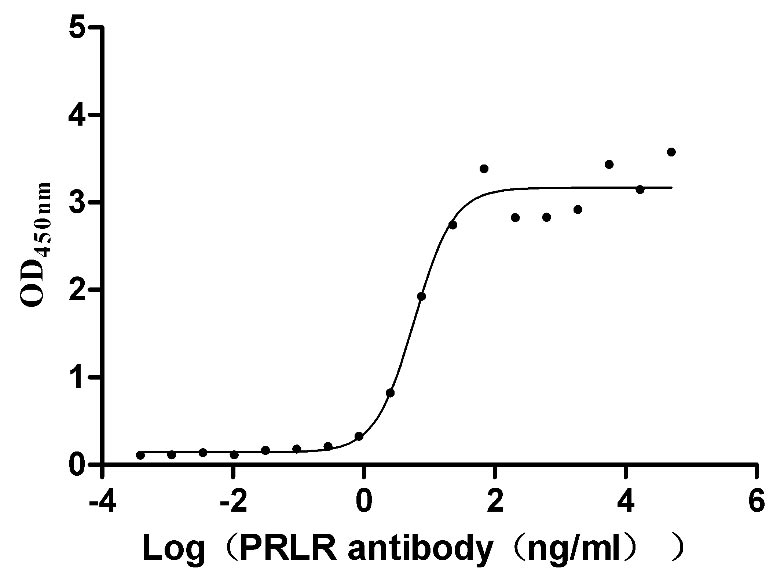
-AC1.jpg)
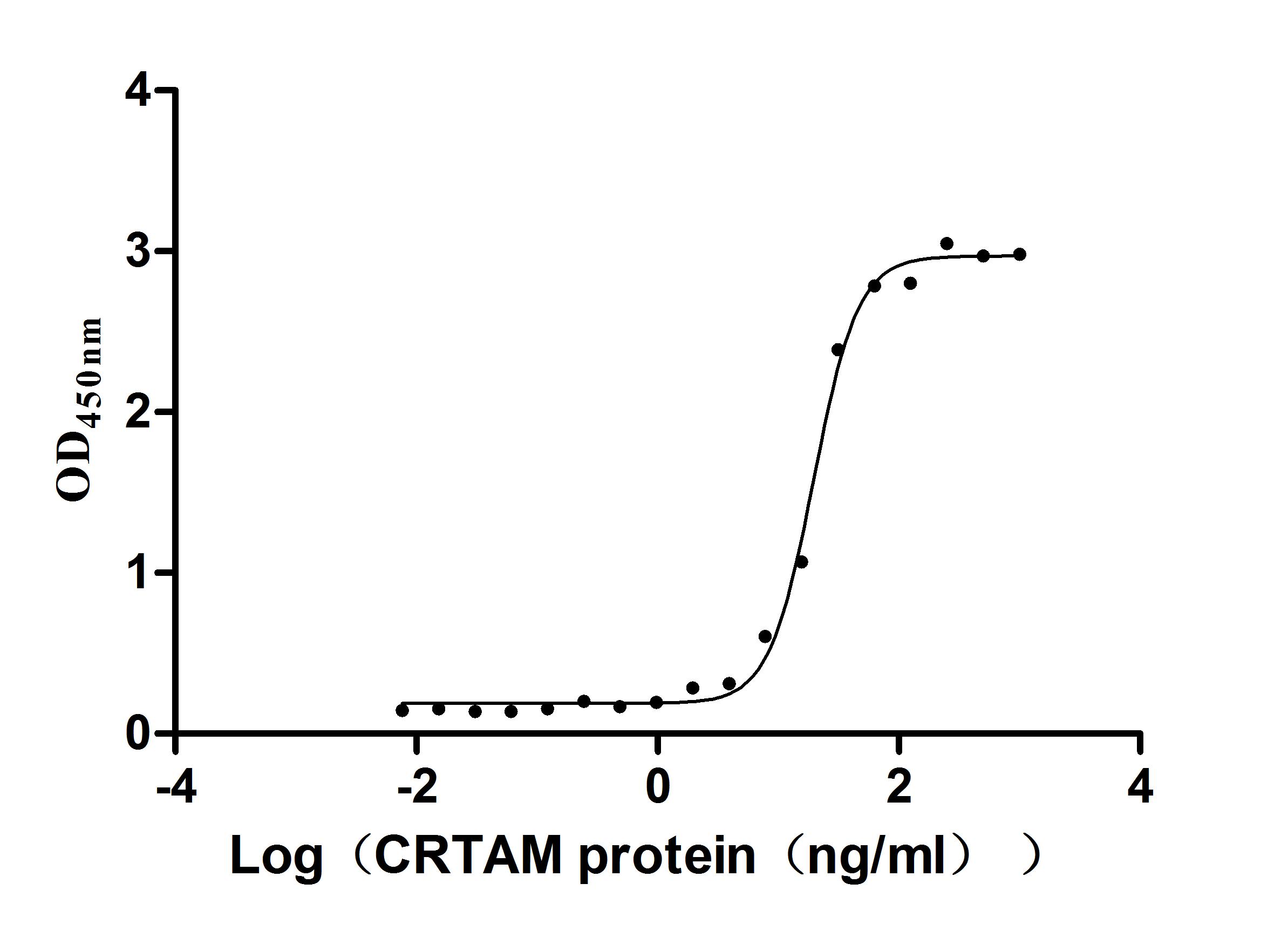
-AC1.jpg)
